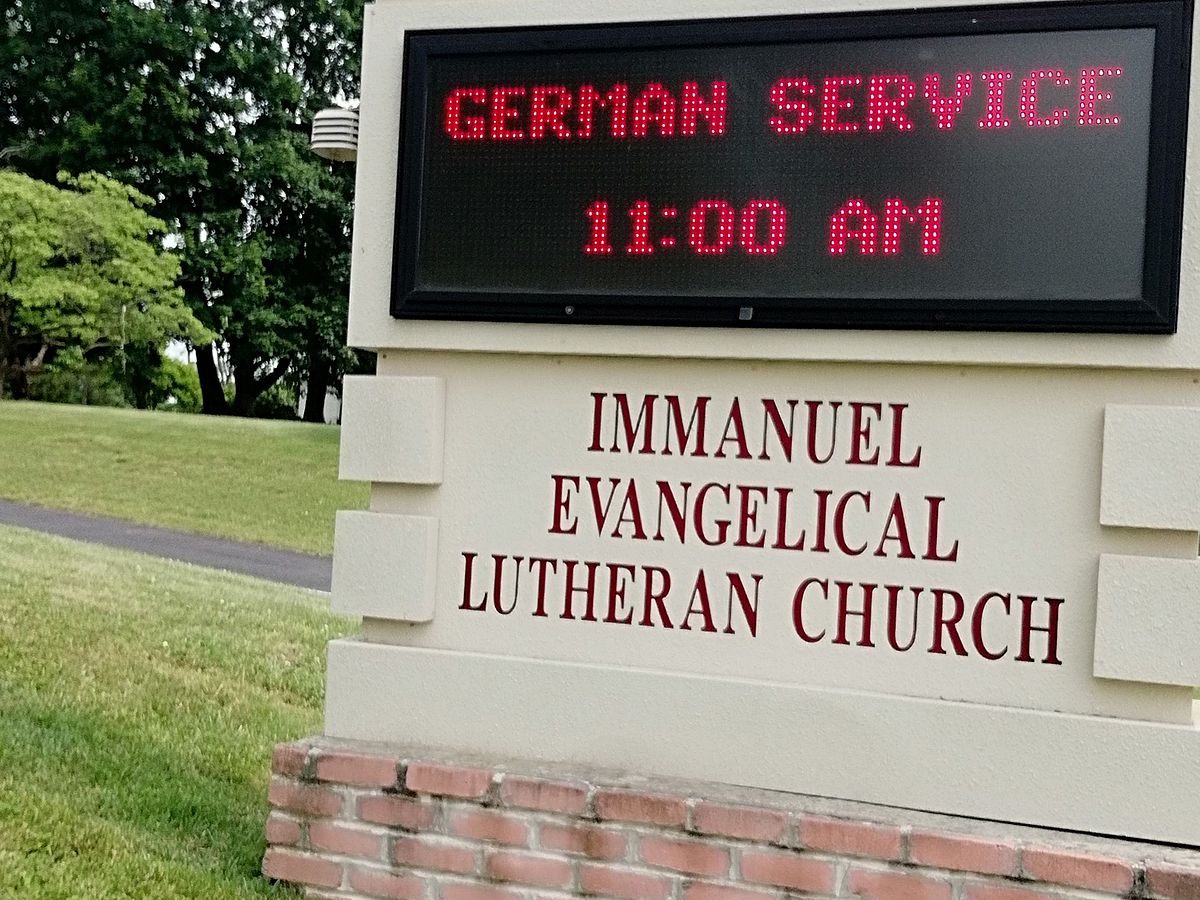Identity construction in German-speaking Lutheran congregations

The project focuses on German-speaking Lutheran congregations outside of Germany. The focus is on respective identity work (Keupp/Höfer 1997) with regard to the religious (e.g., ‘Lutheran’ / ‘Protestant’ / ‘Christian’) and cultural (e.g., ‘German’ / ‘European’) demarcation. The background is the assumption that ‘old diversities’ (Vertovec 2015) are also called upon to renegotiate their positioning under the conditions ‘superdiverse’ dimensions of migration (Vertovec 2007).
The sample includes comparative cases from the USA, Brazil and Namibia. It represents correspondingly different religious majorities and historical starting situations of the respective German-speaking Lutheran congregations: a predominantly Protestant environment (USA), a predominantly Catholic environment (Brazil) and an environment shaped by Lutheranism (Namibia). Furthermore, the cases can be compared with regard to German and Lutheran emigration and colonial history, with Namibia being a particularly pertinent case of the continuing importance of the colonial dimension.
The project focuses on the everyday religiosity of the community members (Primiano 1993) and their individual and collective negotiation processes of cultural and religious boundaries. These are exemplary for the investigation of the social organization of difference (Vertovec 2021) or ‘human differentiation’ (Hirschauer 2017) on the individual level.
A number of German-speaking Lutheran congregations abroad are currently facing enormous challenges in relation to their future congregational work: Should the denominational and cultural structure, which has sometimes been the guiding principle for centuries, be softened in favor of an opening in both directions, or should there be a gradual shrinkage in favour of preserving the existing ones?
Against this background, the project would like to bring to light findings from studies of religion in an empirically little researched subject area and produce its own theoretical contribution to previous discussions about religious identity and demarcation. The focus on everyday identity work should continue to bring results for the broader cultural studies discourse on transformation research, identity formation and everyday culture
Principal researcher
Dr. Thorsten Wettich
Duration
2019-2023
Funded by the American Academy of Religion and University of Bremen

![[Translate to English:] Zur Startseite des Instituts für Religionswissenschaft und -pädagogik](/fileadmin/user_upload/fachbereiche/fb9/reliwiss/Fotos_und_Bilder/Logos/logo_mit_schrift_schwarz_1892x588_01.jpg)